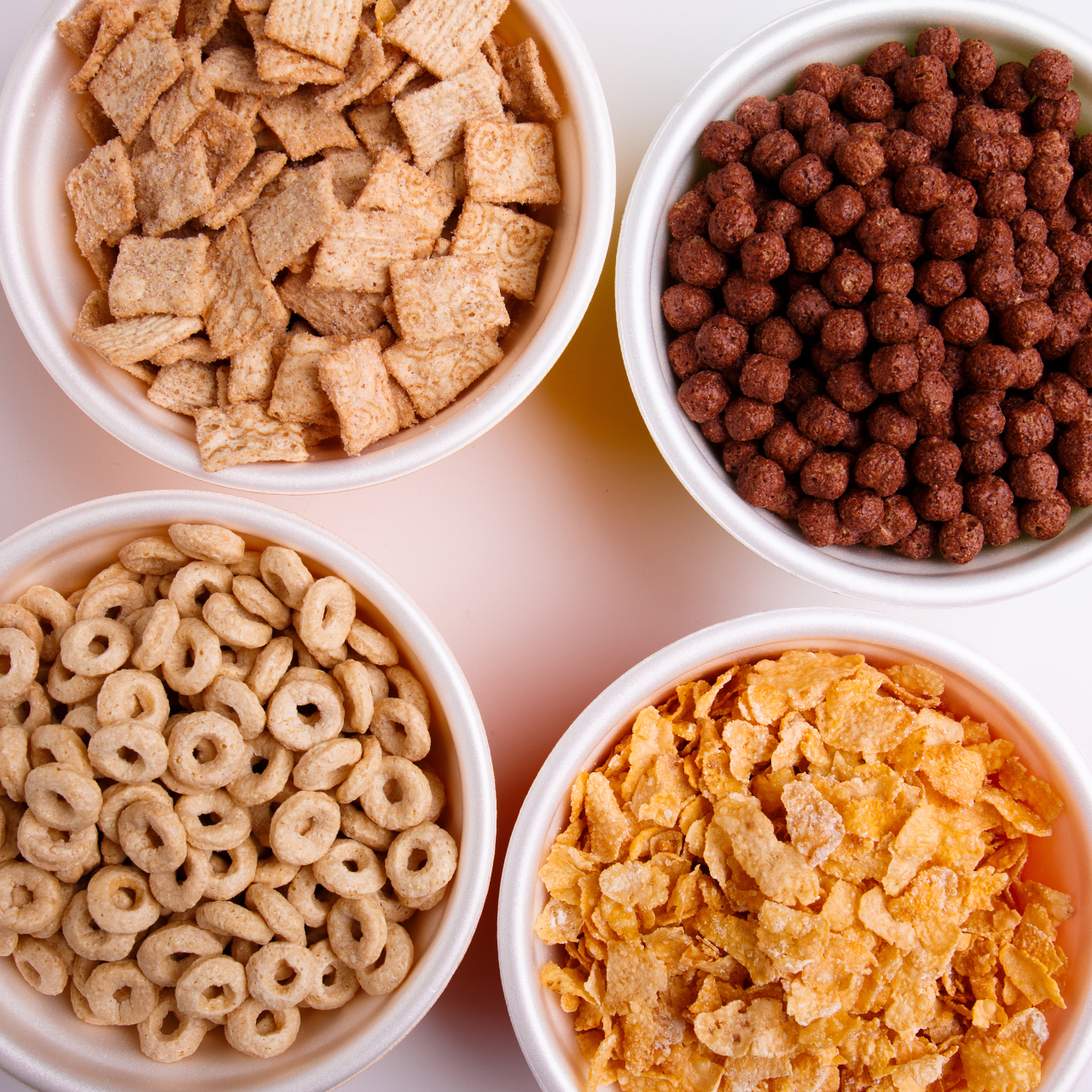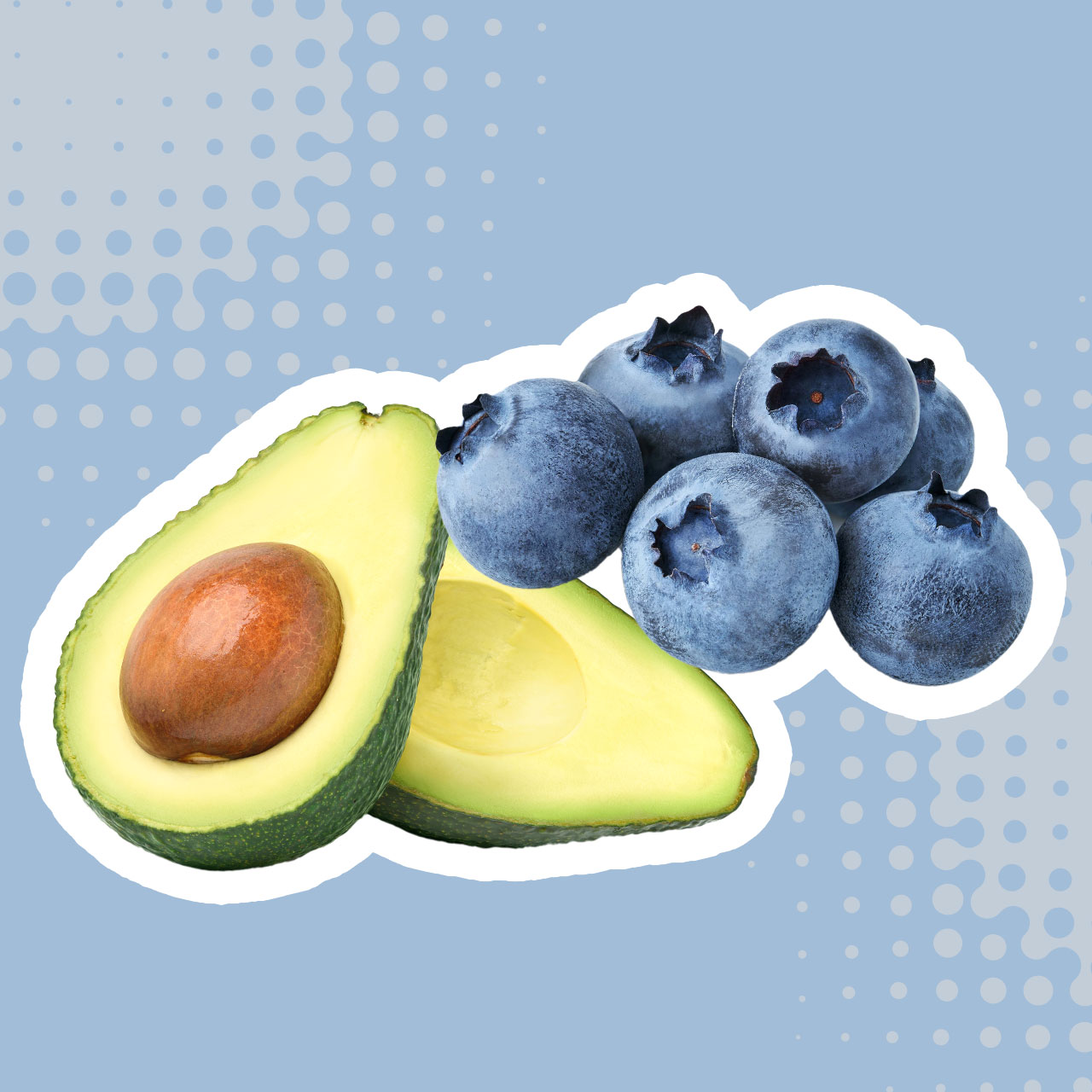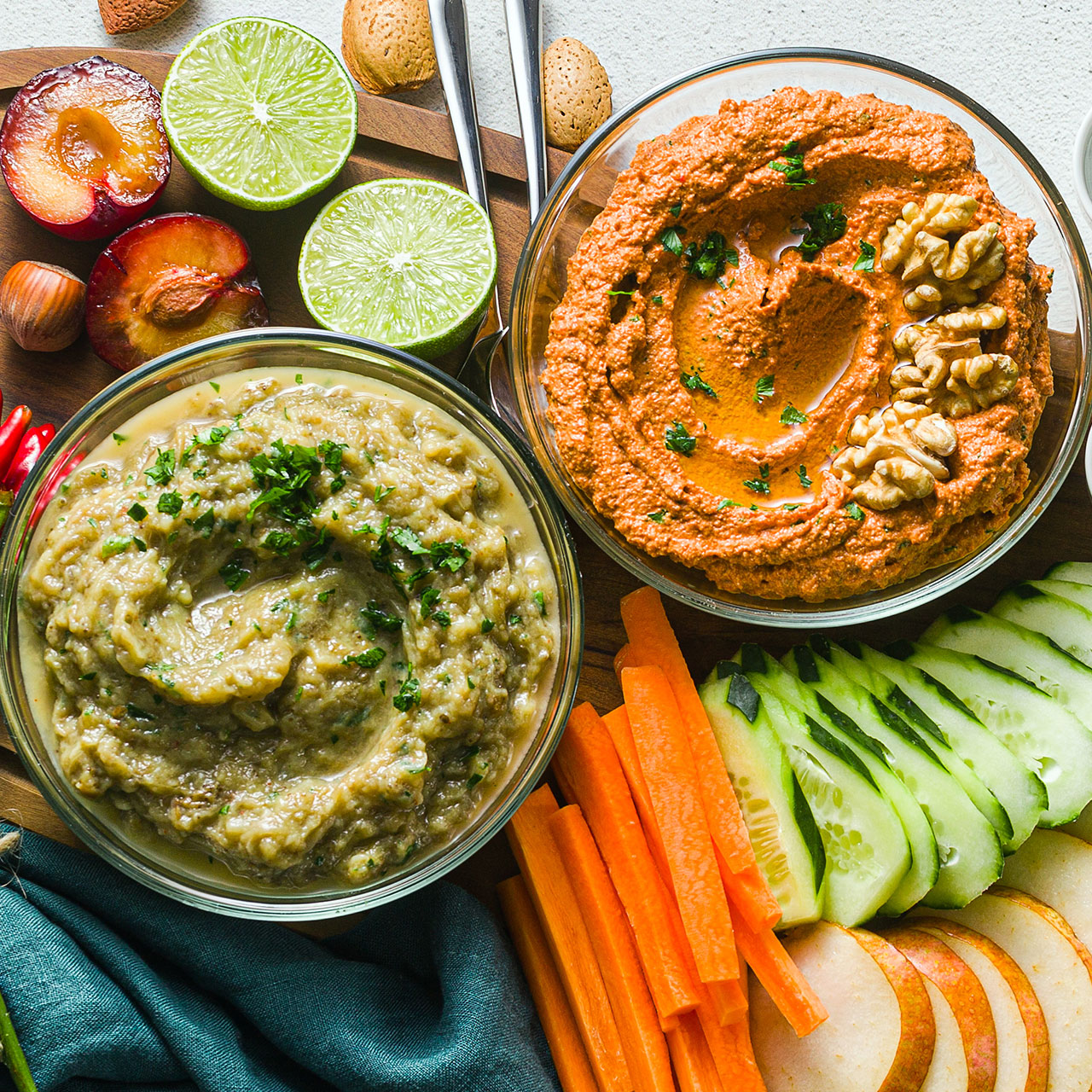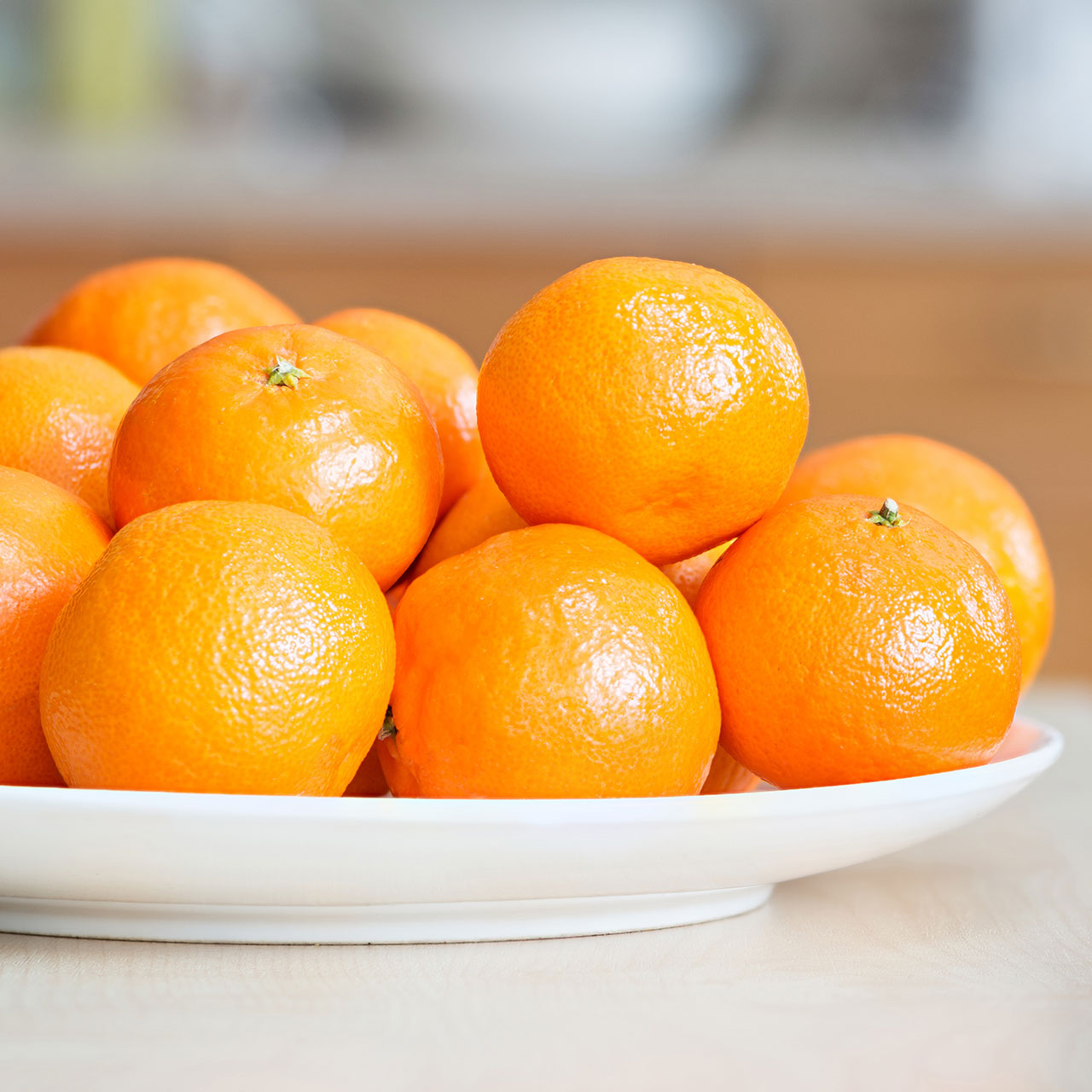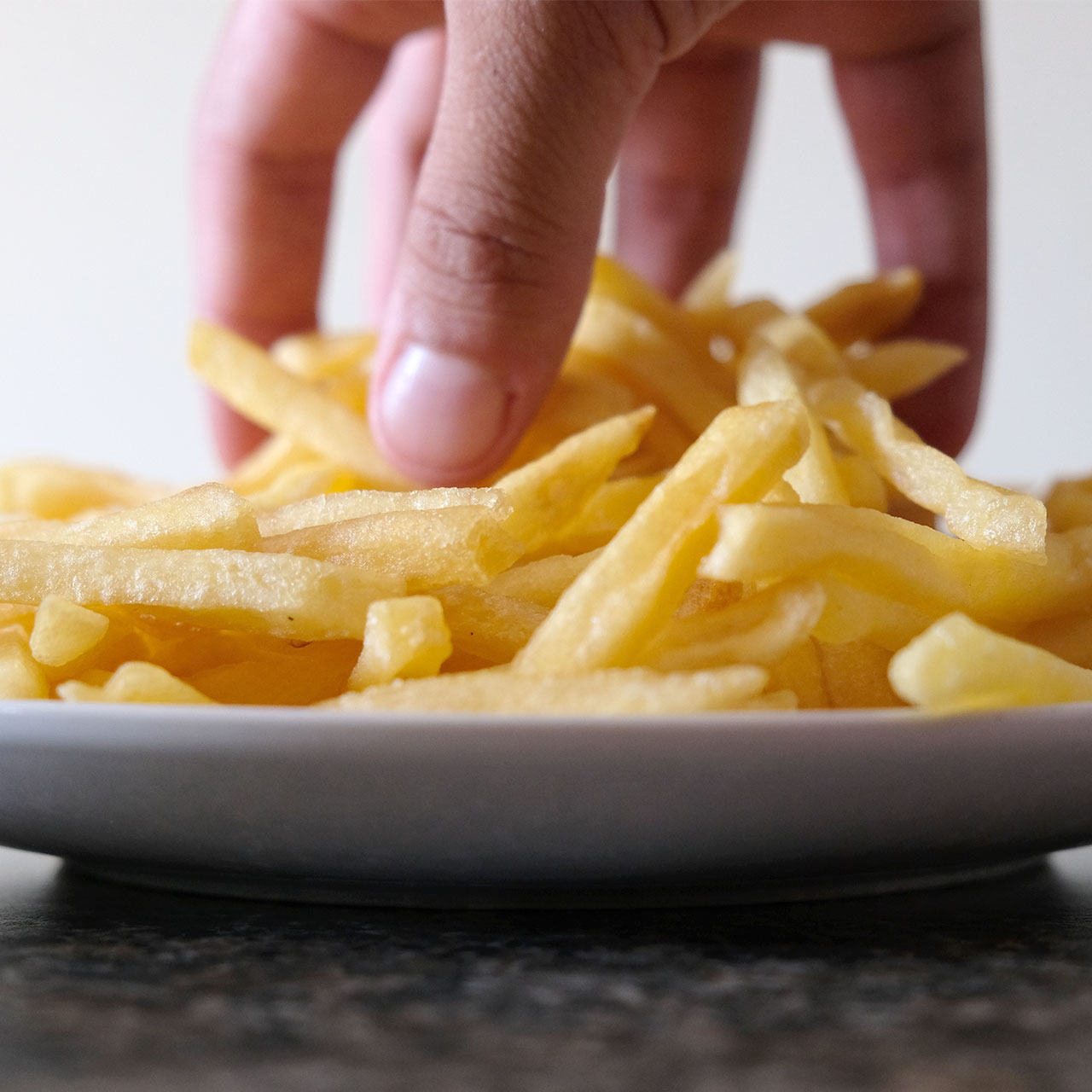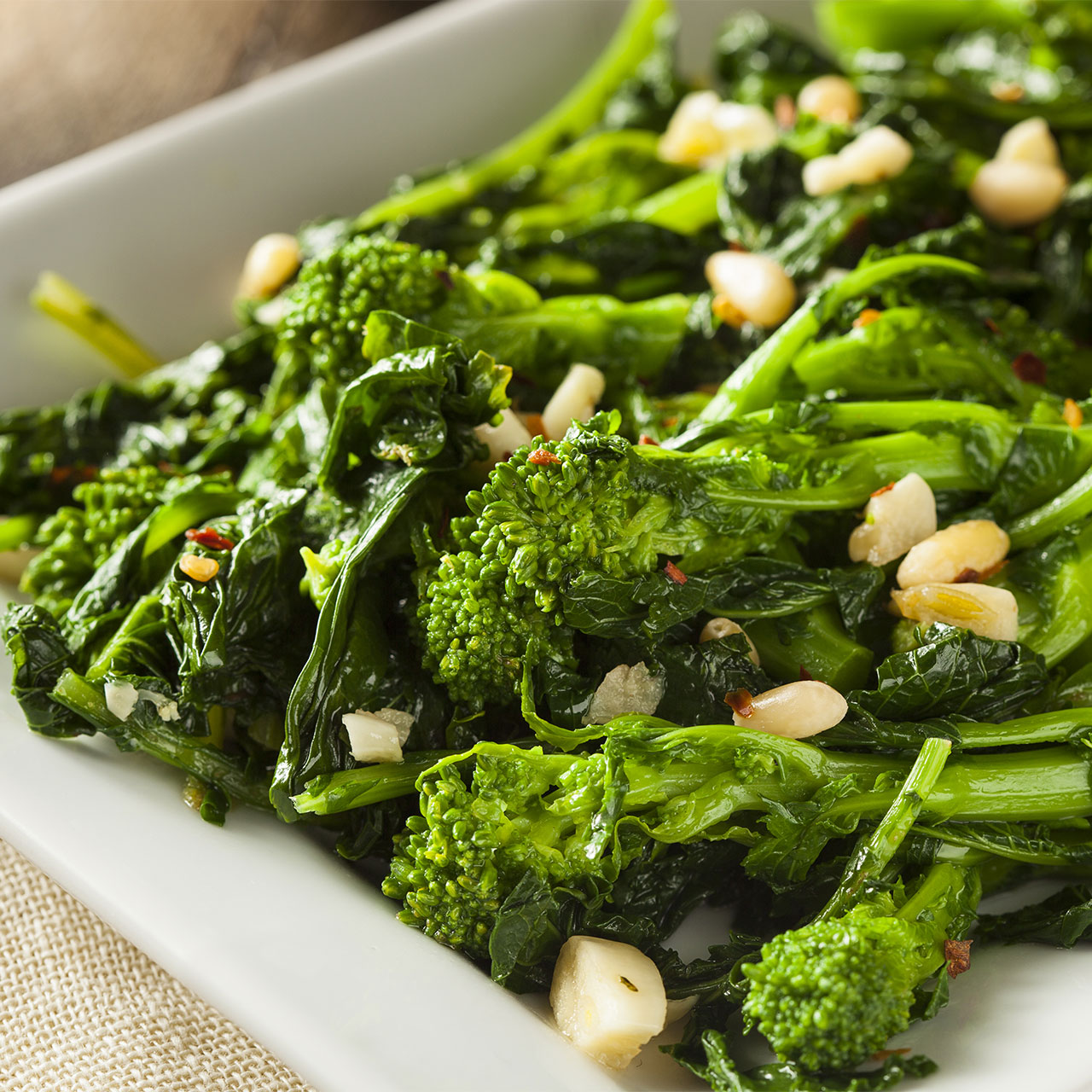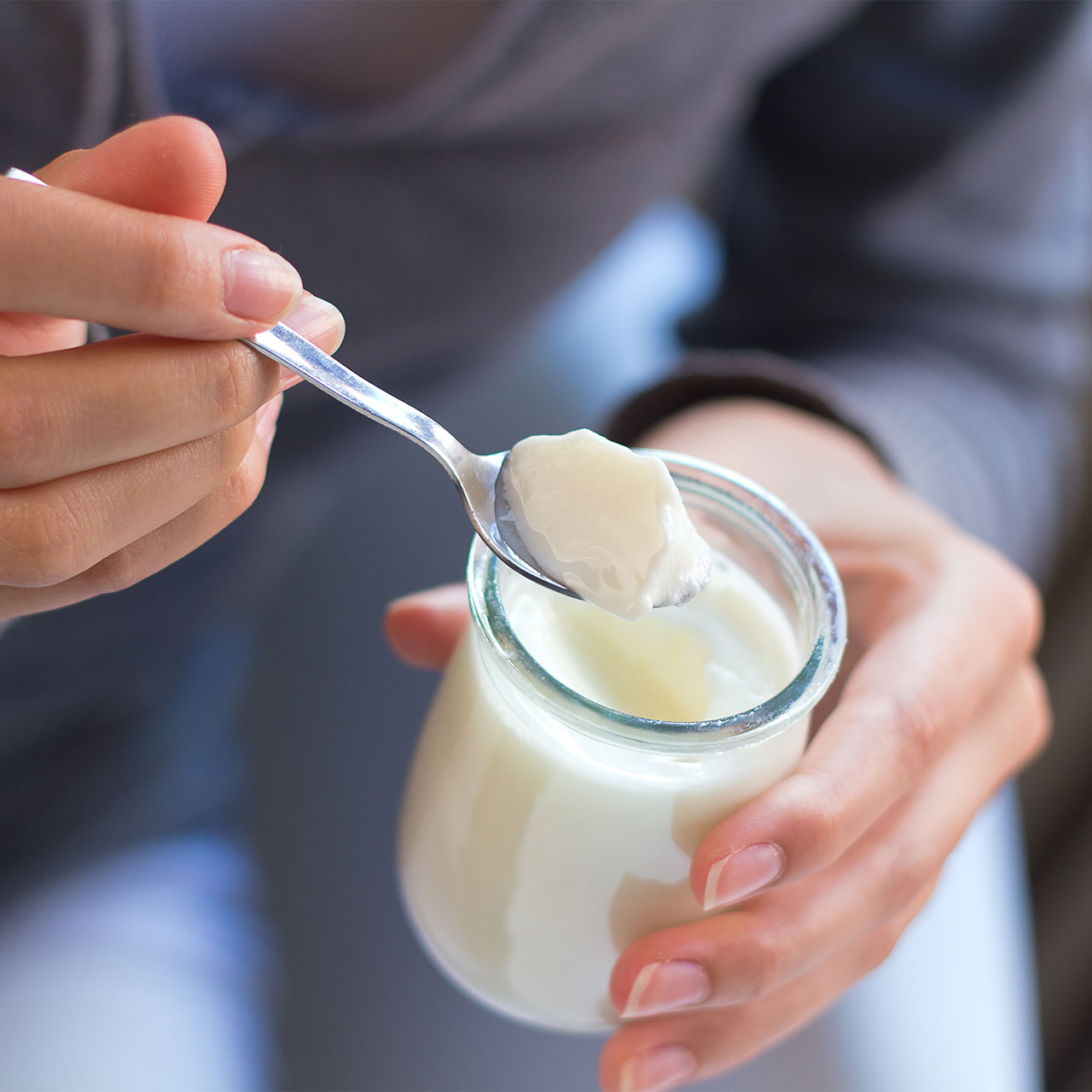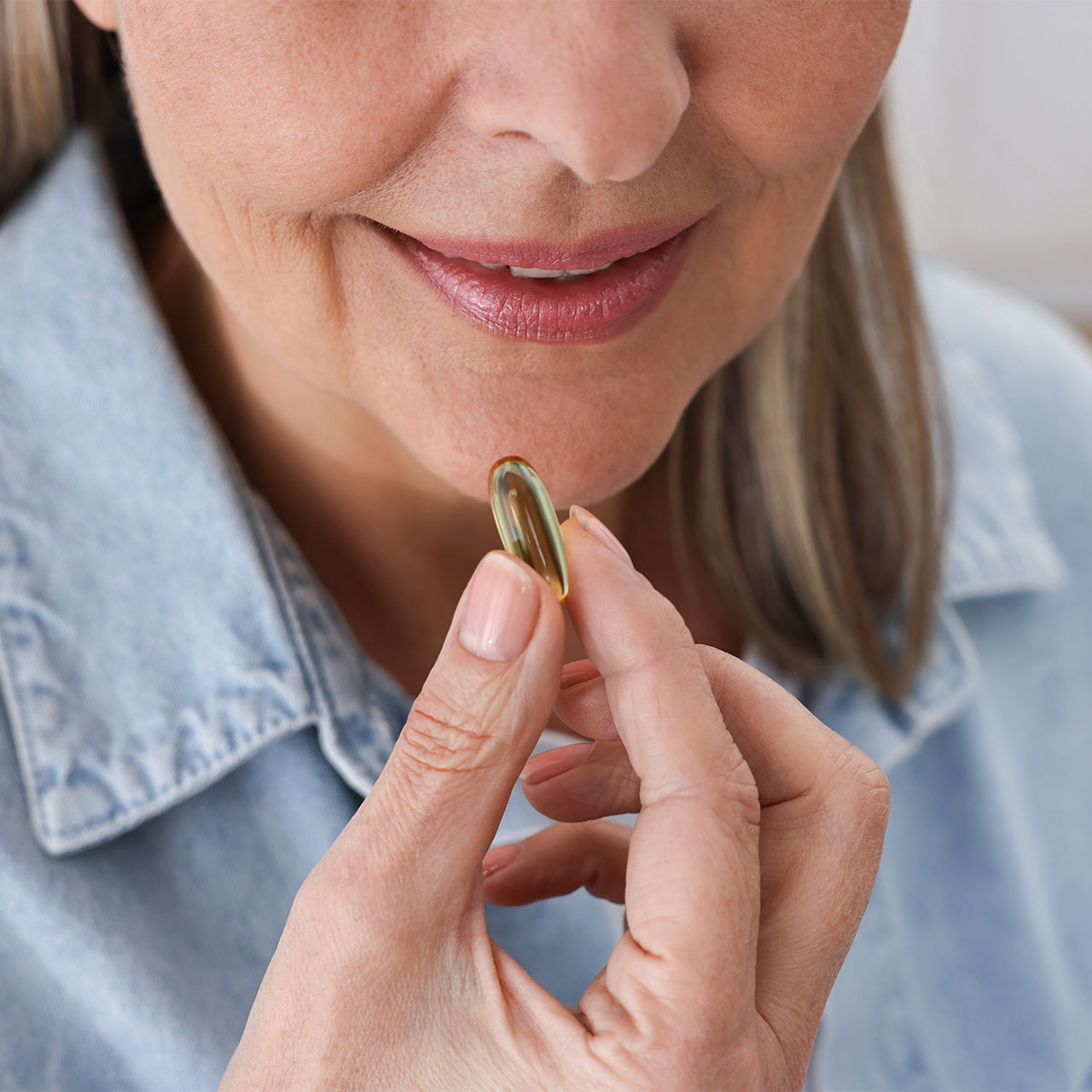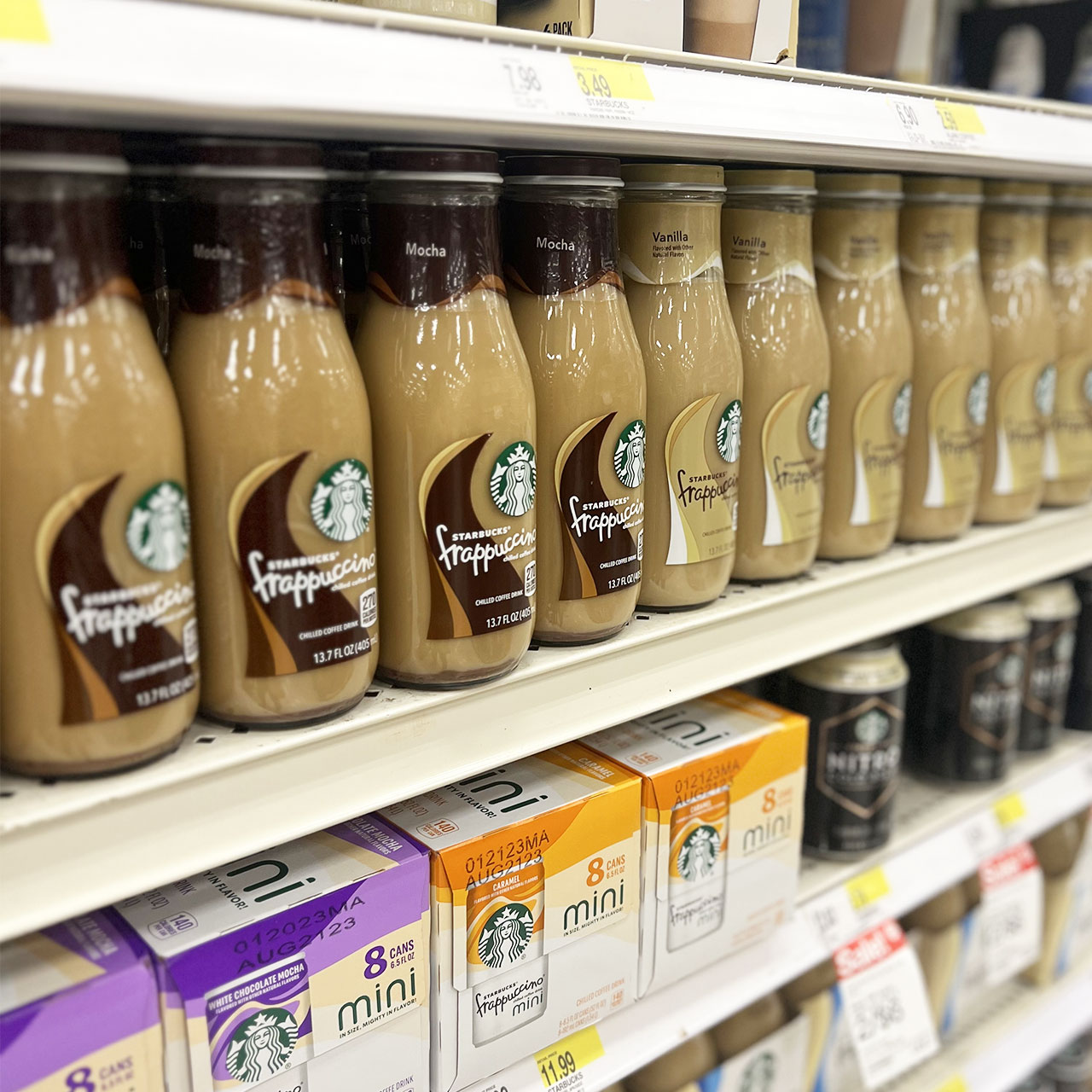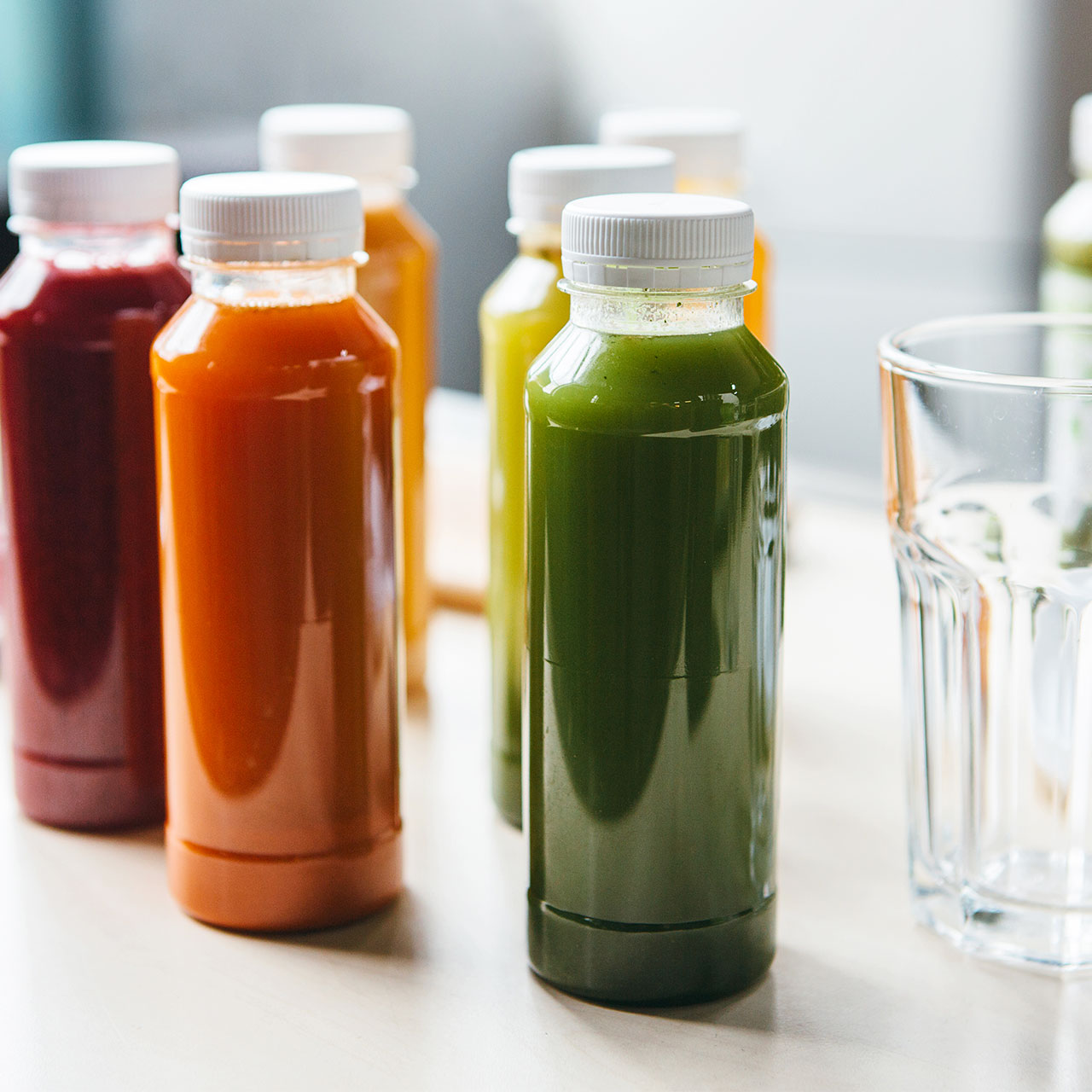Sugar consumption has a significant impact on brain health, influencing everything from mood to cognitive function. Excess sugar intake has been linked to inflammation, memory issues, and an increased risk of neurological disorders.
However, not all sugar substitutes are harmful—some alternatives can provide sweetness without the negative effects on the brain.
View this post on Instagram
Robert Love, a neuroscientist, recently shared three healthy sugar substitutes that are “not harmful” to the brain and also happen to be “delicious.”
“You probably already know that regular sugar and refined sugars are damaging to the brain because they can increase the risk of type 2 diabetes, and unfortunately, the same goes for most diet artificial sweeteners,” Love says.
He adds that a 10-year longitudinal study out of France revealed that people who consumed diet soda “had an increased risk of type 2 diabetes,” a major risk factor for Alzheimer’s disease.
So what are some substitutes that won’t cause these effects? Read on to discover all three!

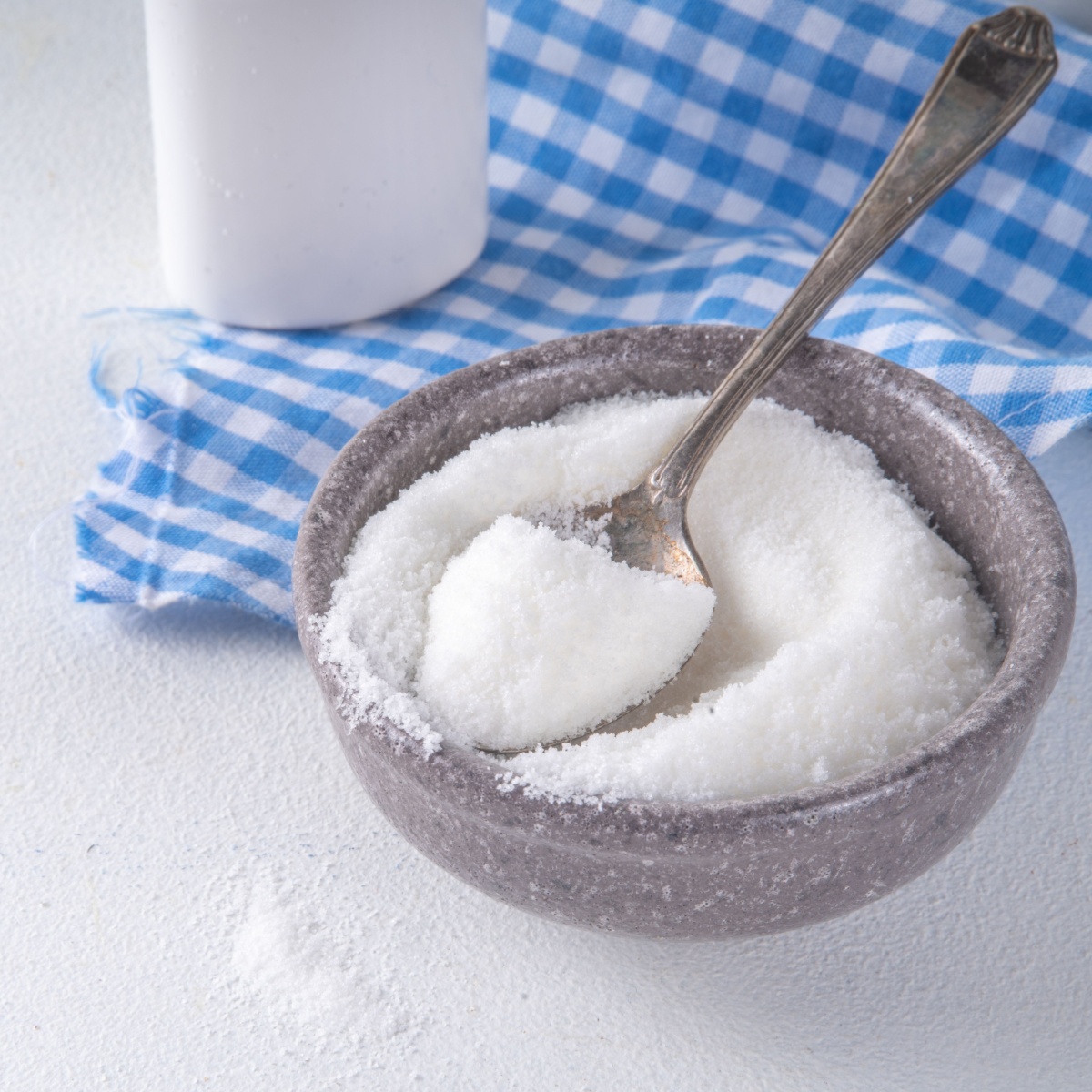
1. Allulose
This one happens to be Love’s favorite. “This is a natural rare sugar that is found in dates, mulberries, and maple syrup,” he reveals.
“It’s a 1-to-1 substitute for regular sugar,” adding that you can certainly find this type of sugar at places like Costco. It also contains 90% fewer calories than regular sugar, which helps with weight loss as well and won’t “spike your blood sugar.”
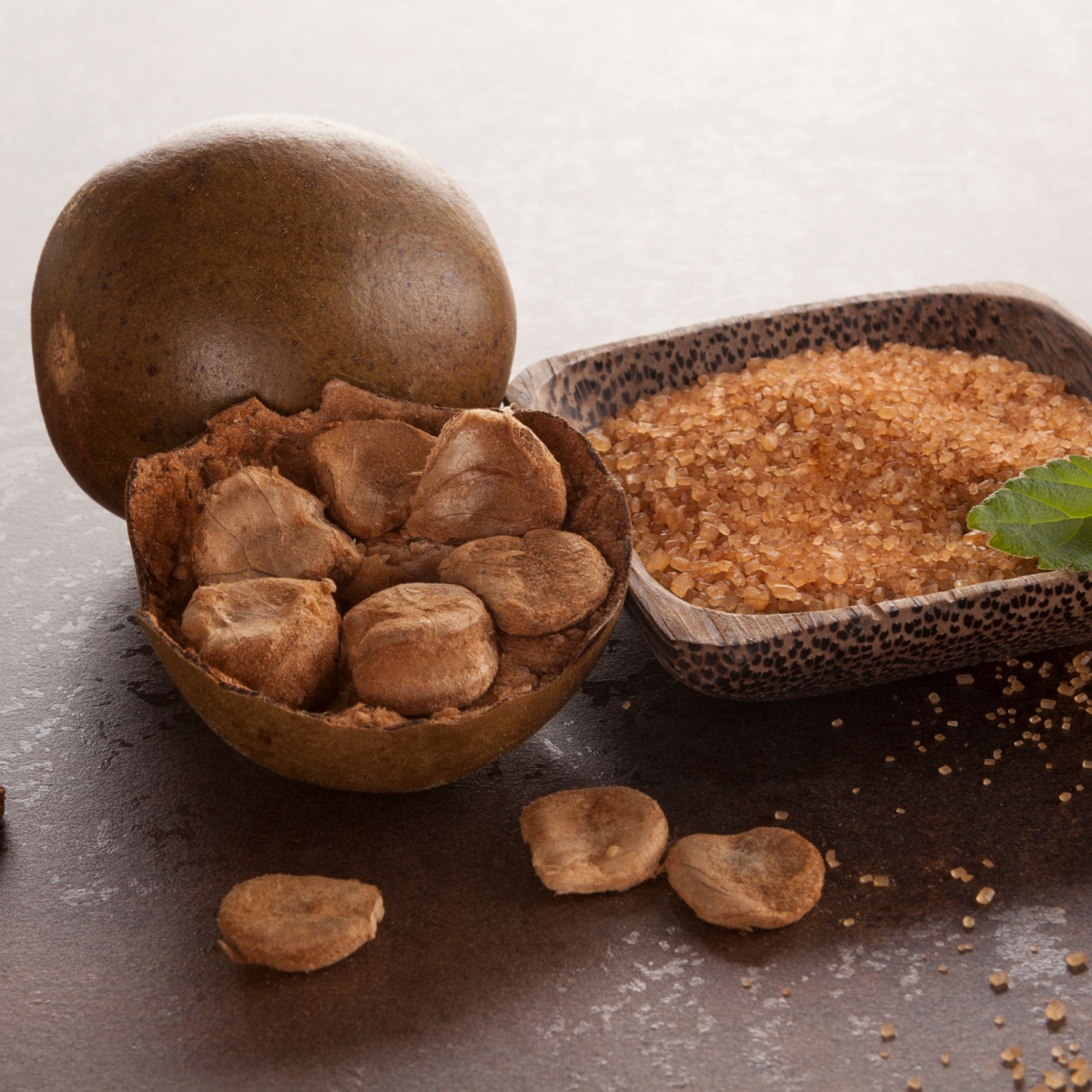
2. Monk fruit
Popular in liquid forms, monk fruit sugar is a popular addition to smoothies, coffees, and cocktails (discover the worst types of sweeteners here!).
This is a zero-calorie sweetener and Love notes that you should opt for “pure monk fruit sugar; you don’t want the monk fruit sugar mixed with erythritol.”
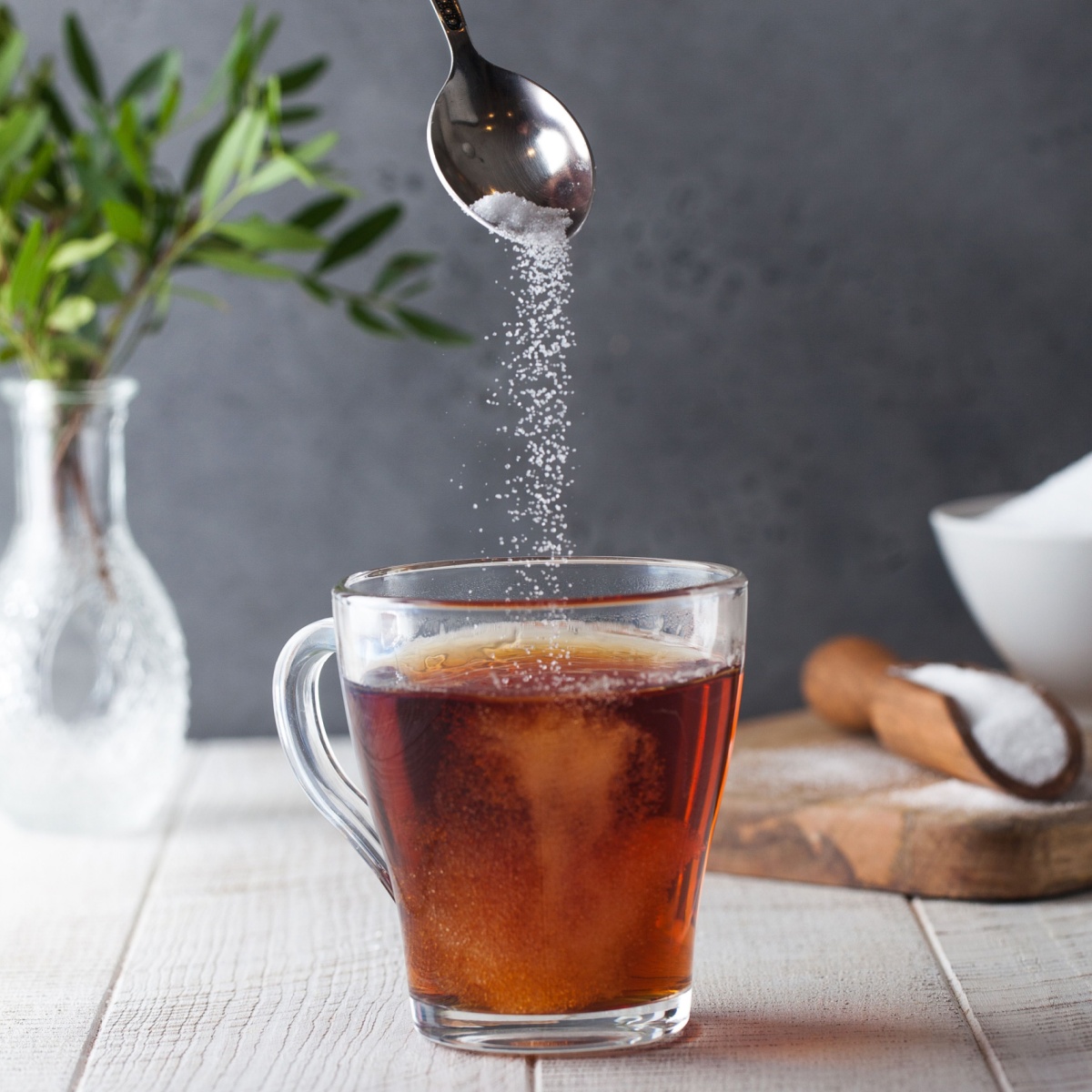
3. Stevia
Although Love says some may find Stevia to have a metallic taste, its benefits are worth noting.
“I like to mix stevia with monk fruit sugar: 1 drop of stevia and 2 drops of monk fruit sugar," he states.
Stevia is another sweetener that won’t spike blood sugar levels, glucose, and also doesn’t have calories. It's a win-win! Love also highlights that it's definitely a “safe” sweetener alternative because it's derived from the stevia leaf.
He concludes by adding that you should “stay away” from agave as a sweetener because although it may seem like a natural option, it’s actually from high fructose corn syrup (HFCS), a sweetener that has detrimental effects on your health when consumed excessively.


